World Food Day fell on October 16. Created by the Food and Agriculture Organization of the United Nations, World Food Day intends to inspire positive agricultural action to help our environments and communities. Did you know that making healthier food choices helps the environment as much as it helps your body? By limiting processed foods, you can also help limit the generation of greenhouse gas emissions, single-use plastics and packaging that threatens our environment.
Approximately 1.3 billion tons of food are wasted each year globally, and makes up approximately 22% of municipal landfill waste in the US. When your household chooses to consume organic foods, you can compost scraps, rather than toss the waste! Reducing the volume of waste at your home will also help reduce the chance that it ends up polluting our storm drains and waterways.
A few ways to improve your daily food habits and reduce household waste are:
- Buy in bulk: Purchasing items in bulk limits the need for individually wrapped single use products which are often made of plastics and unnecessary amounts of packaging. Buying in bulk also allows the option to share meals or meal prep.
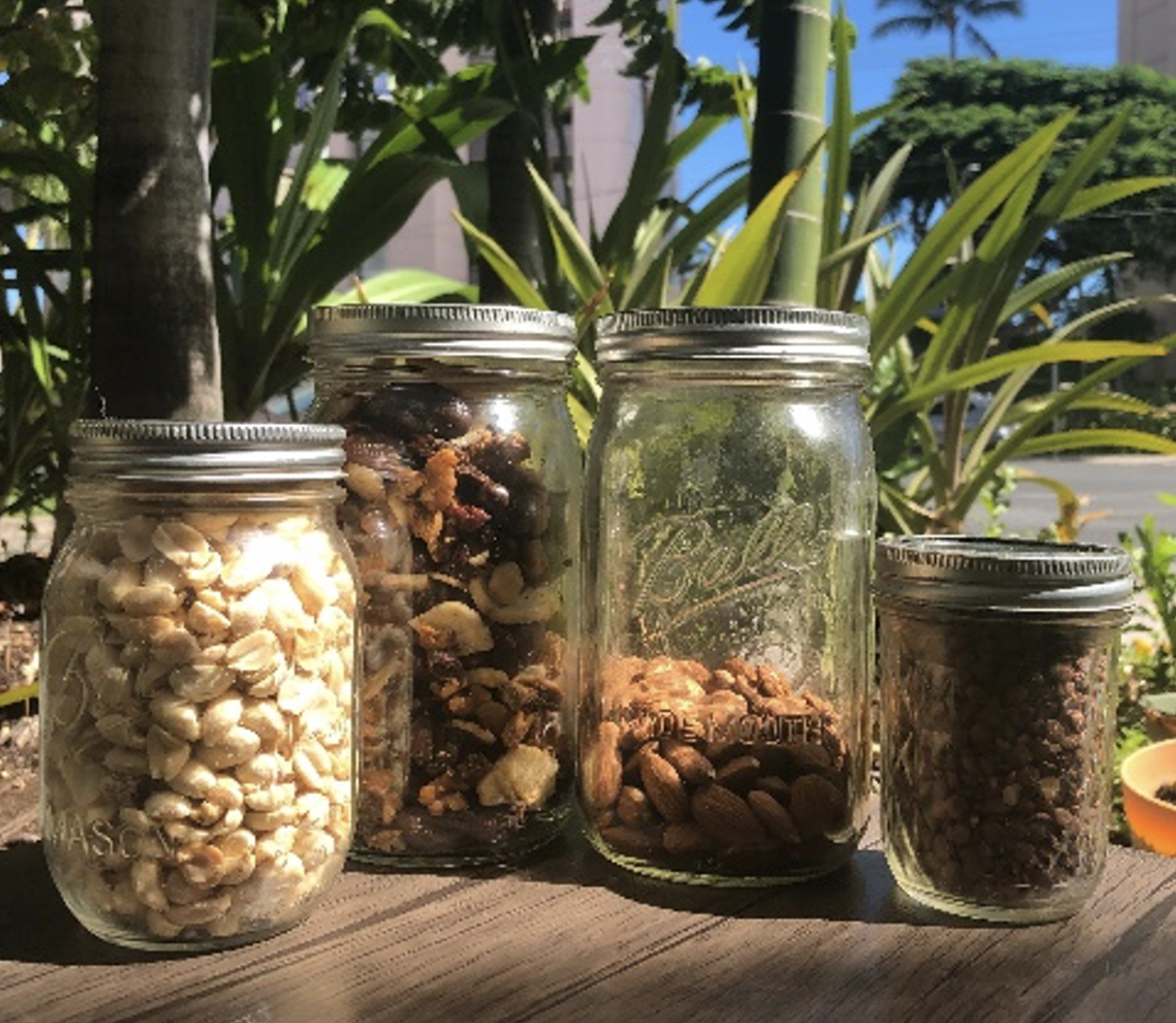
- Plan out your meals: Limiting waste starts with deciding how food will be used. Attempting not to over purchase can be difficult when in the store, so it is helpful to start with an ingredient list by planning out your meals.
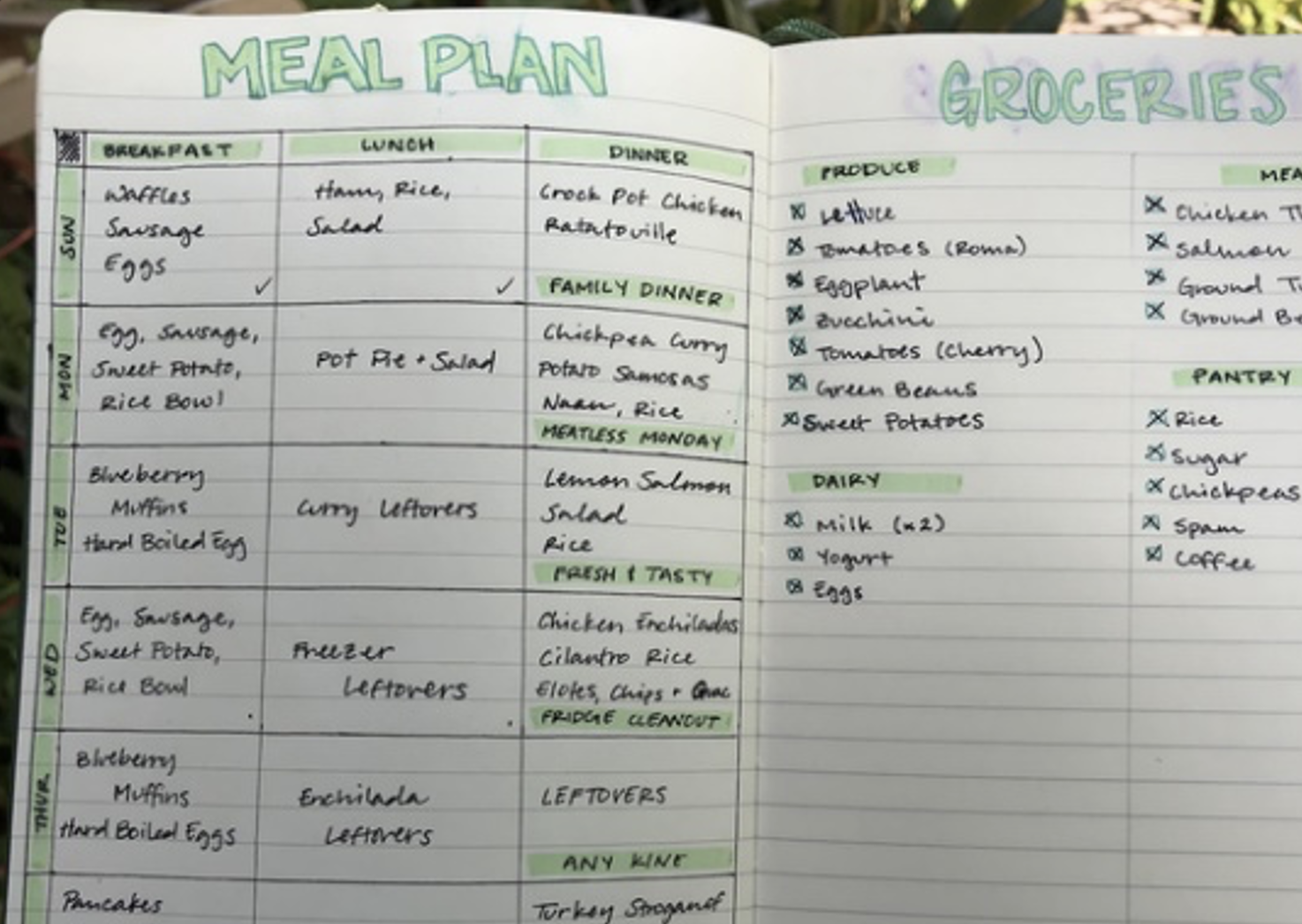
- Use all parts of the animal/plant:Many parts of meat and produce are discarded even though they are edible and can spice up your meals. Instead of throwing out a chicken carcass and vegetable stalks, make a soup. After carving your jack-o-lantern, save the pumpkin guts for a recipe and then find a creative use for it after the season. Otherwise, these nutrient-rich materials will go to waste and end up in a landfill or possibly polluting the environment.
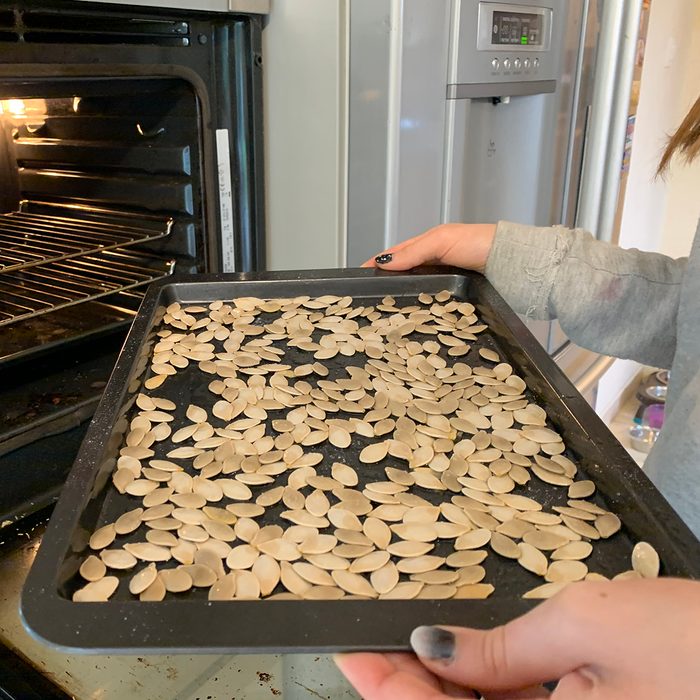
Photo Credit: Family Handy Man
- Eat Natural: Not only is it better for your health, but organic foods, such as fresh fruits and vegetables can also help the environment as they take less resources to produce and leave less of a carbon footprint than processed foods.
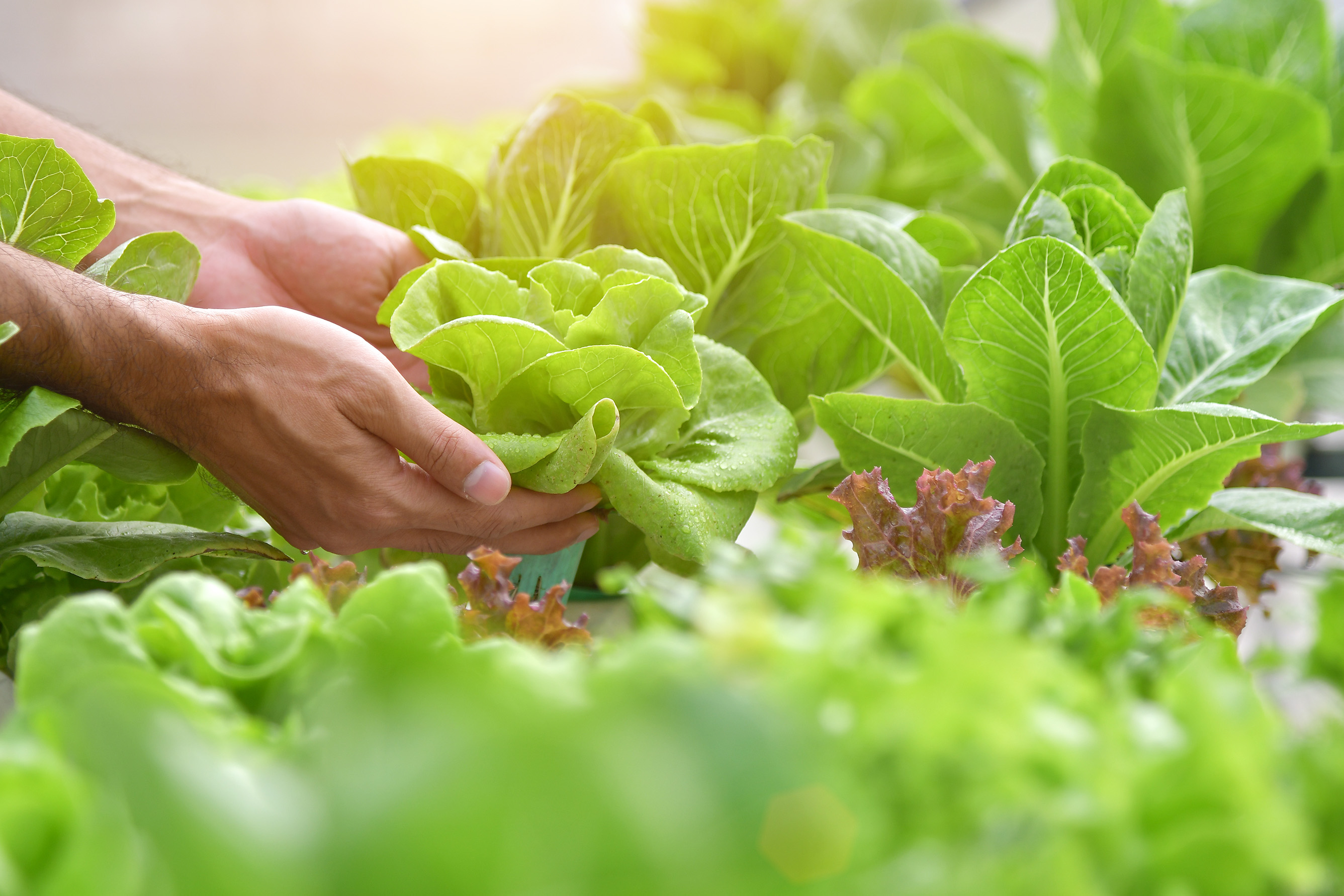
- Grow Your Own, Compost: Starting a garden is a great way to limit food waste and to save money on groceries. Start your own compost to reduce waste and enhance soil in your landscaping garden. Using compost to fertilize your garden is a great alternative to chemical fertilizers, which have the potential to pollute our waterways and can cause algae blooms.
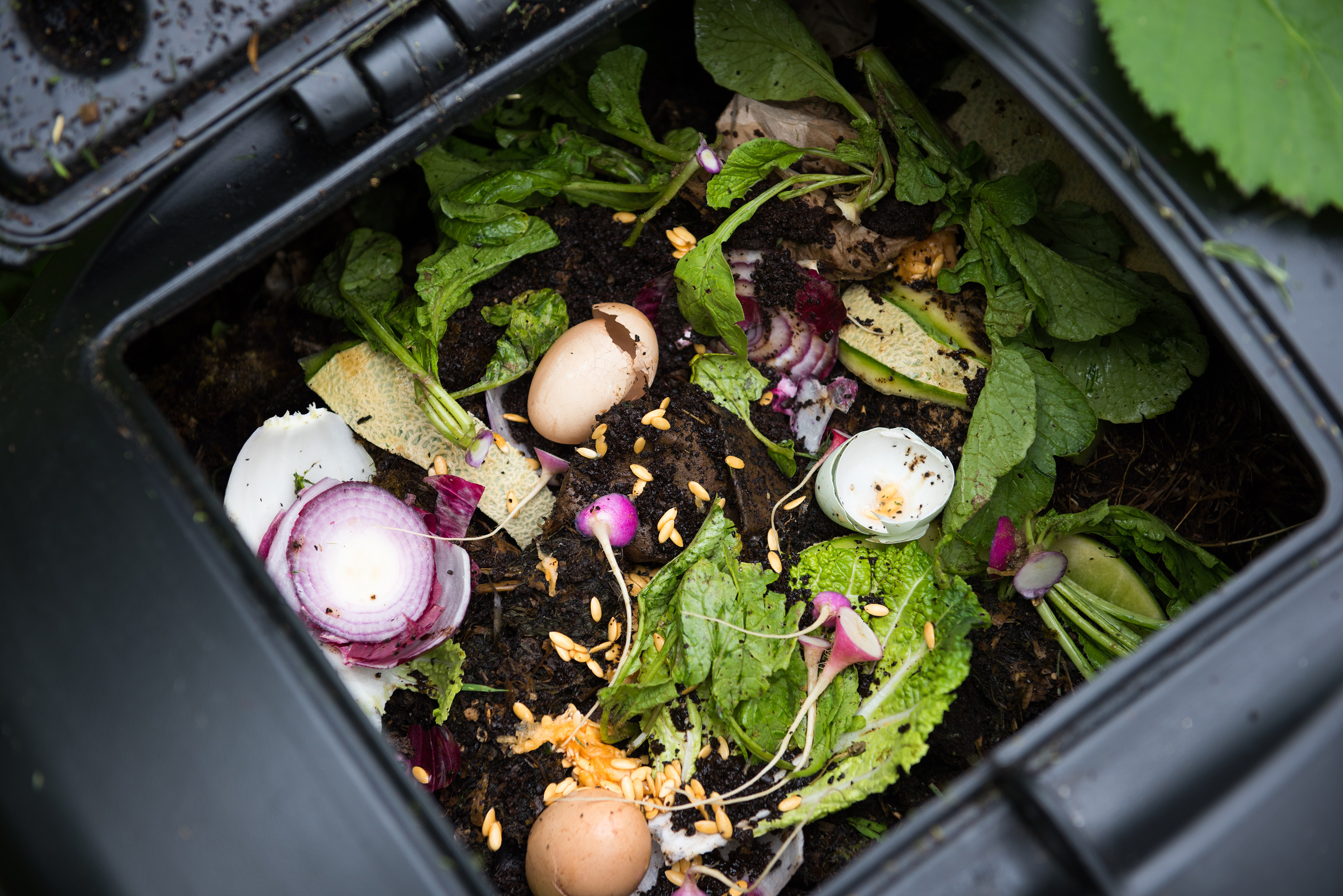
Making these small changes to your shopping and food preparation habits will add up over time. Planning ahead in the kitchen and reducing the amount of processed foods that you buy will improve your health, save money and reduce municipal waste. Keeping Hawaii trash-free starts at home!
Sources:
Food and Agriculture Organization of the United Nations, World Food Program, Family Handy Man , Trash Free Hawaii

